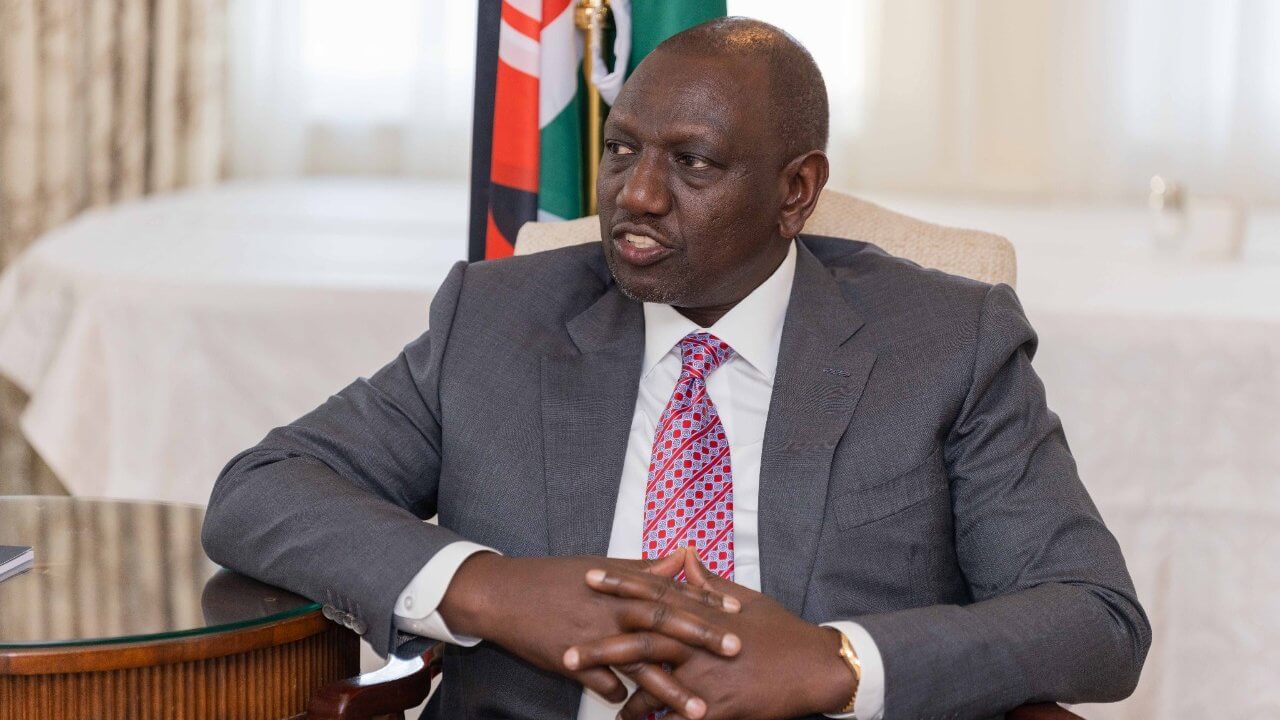President William Ruto’s administration is encountering significant challenges as calls for a Cabinet reshuffle gain momentum amid internal conflicts. The administration must navigate soaring living costs, escalating fuel prices, increased taxation, internal government disputes, and an unsettled support base, all while contending with a resurgent opposition.
A recent survey by InfoTrak revealed that over half of Kenyans (53 percent) believe the country is heading in the wrong direction. This trend suggests that a considerable number of Kenyans who initially supported President Ruto’s “bottom-up” ideology are now disillusioned, struggling to afford basic necessities and finding public education increasingly unaffordable.
Adding to the turmoil are provocative statements made by high-ranking government officials. Economic advisor to the President, Dr. David Ndii, suggested that it was time for Kenyans to face the consequences of past financial mismanagement, stating, “Financial delinquency has no solutions, only consequences.” Trade Cabinet Secretary Moses Kuria warned of further fuel price hikes, projecting an increase of approximately Sh10 per month for the next four months. Energy counterpart Davis Chirchir informed lawmakers that there was little that could be done to address rising fuel costs.
These blunt remarks have drawn criticism from Deputy President Rigathi Gachagua, who cautioned government officials against making “insensitive, arrogant, and irresponsible” statements. Gachagua emphasized the importance of treating the people with respect and not undermining their confidence in leadership.
Nairobi Senator Edwin Sifuna, however, ridiculed Gachagua’s sentiments, accusing him of contempt for the people. Senate Majority Whip Boni Khalwale called for the removal of two Cabinet Secretaries and Dr. Ndii, holding them responsible for the fuel crisis and asserting that their actions jeopardized the President’s position.
An InfoTrak poll assigned a performance rating of D to half of President Ruto’s Cabinet members, with Mr. Kuria receiving the lowest rating. The poor rating was partly attributed to a lack of awareness regarding the accomplishments of some Cabinet Secretaries.
President Ruto also faces threats from the Federation of Kenya Employers, who are considering employee layoffs due to anticipated increases in production costs and matatu fare hikes, affecting his core support base. Healthcare professionals are threatening to strike due to unemployment and poor working conditions.
Additionally, internal divisions have emerged in President Ruto’s administration, exemplified by a dispute between Water Cabinet Secretary Alice Wahome and her principal secretary, Dr. Kipronoh Ronoh, over the leadership of the Athi Water Works Development Agency.
Furthermore, bipartisan talks hang in the balance, with lukewarm support from Kenya Kwanza leaders like Mr. Gachagua and Kiharu MP Ndindi Nyoro. Azimio la Umoja One Kenya leader Raila Odinga criticized President Ruto’s first year in office as “extremely disastrous,” characterizing the economy as being in a “reckless race to the bottom.” While Odinga ruled out the resumption of anti-government protests, he hinted at unspecified actions based on the signatures collected by the coalition.




















